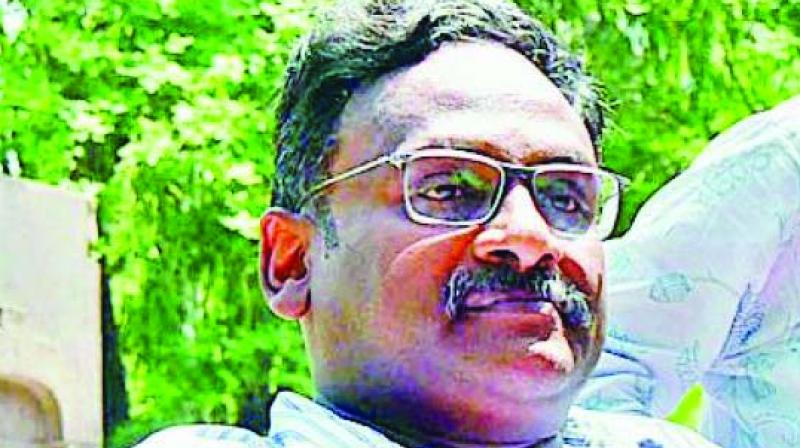UN experts urge India to release jailed professor
G.N. Saibaba was arrested in 2014 and sentenced to life imprisonment in 2017 for his alleged links with Maoists.

New Delhi: On the heels of its human rights report on Kashmir, the Geneva-based UN Office of the High Commissioner Human Rights (UN-OHCHR) on Friday tweeted the view of UN rights experts that imprisoned alleged Maoist G.N. Saibaba should be released, terming him a “long-standing defender of the rights of various minorities in India against corporate interests”.
The UN-OHCHR said, “UN rights experts are urging India to release human rights defender Dr G.N. Saibaba, a wheelchair user with severe disabilities whose health is deteriorating and who is reportedly being held in solitary confinement... Dr Saibaba is a long-standing defender of the rights of various minorities in India against corporate interests. He was arrested in 2014 and sentenced to life imprisonment in 2017. He is reportedly now being held in solitary confinement in a highly insanitary cell in Nagpur jail, in darkness and with inadequate and inaccessible facilities.”
“We are concerned about reports that Dr Saibaba is suffering from more than 15 different health problems, some of which have potentially fatal consequences,” the experts were quoted by the UN-OHCHR as saying in a joint statement released in Geneva.
The statement went on to remind India that any denial of reasonable accommodation for people with disabilities in detention is not only discriminatory but may well amount to ill-treatment or even torture. In particular, solitary confinement should be prohibited when the conditions of prisoners with disabilities would be made worse by this measure.
“Dr Saibaba’s health is progressively and severely deteriorating because of poor jail conditions and untrained staff unable to adequately assist prisoners with disabilities. He is now in urgent need of adequate medical treatment,” the experts said.
In March 2017, Dr Saibaba was sentenced to life imprisonment for “waging war against the state”, amongst other charges, the UN-OHCHR has said, while claiming that “the judgment allegedly failed to point out a single instance in which Dr Saibaba was a conspirator to commit violence or provide logistical support to violent acts”.
The tweet has enraged some who feel the UN-OHCHR has now started interfering in the country’s internal affairs by airing such views.
